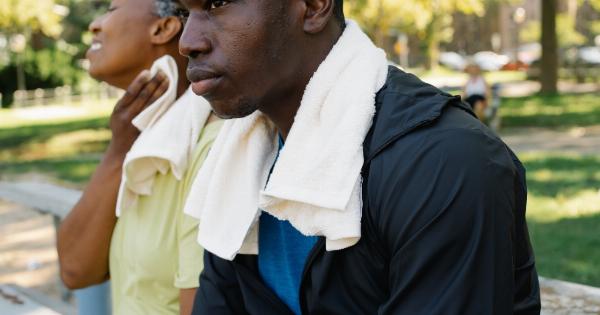Summer is a beautiful season that everyone looks forward to. However, it’s also a season that brings in a lot of illnesses. The hot and humid weather can be the perfect breeding ground for bacteria and viruses.
There’s a long list of summer sicknesses that you need to be aware of, and in this article, we’re going to discuss some of them.
Sunburn
Sunburn is a common summer sickness that occurs due to excess exposure to sunlight. The UV rays from the sun can damage the skin, causing it to become red, sore, and itchy. Sunburn can also cause blisters and peeling of the skin.
It’s important to protect your skin when you’re out in the sun by using sunscreen, wearing protective clothing, and staying in the shade. Seek medical attention if you develop a severe sunburn.
Mosquito and Tick Bites
Mosquitoes and ticks are common summer pests that can cause a lot of discomforts. Mosquito bites can cause itchiness and irritation, while tick bites can lead to serious illnesses like Lyme disease.
Protect yourself from these pests by using insect repellent, wearing long-sleeved shirts and pants, and avoiding outdoor activities during peak mosquito and tick hours.
Heat Exhaustion
Heat exhaustion is a heat-related illness that occurs when the body loses too much water and salt due to excess sweating. Symptoms of heat exhaustion include dizziness, headache, fatigue, nausea, and muscle cramps.
To prevent heat exhaustion, stay hydrated by drinking plenty of water and avoid going out during the hottest time of the day.
Food Poisoning
Food poisoning is a common summer sickness that occurs due to consuming contaminated food or drink. Symptoms of food poisoning include stomach cramps, diarrhea, nausea, and vomiting.
To avoid food poisoning, make sure to cook your food thoroughly, avoid eating raw or undercooked meat, and store your food properly.
Swimmer’s Ear
Swimmer’s ear is an infection that affects the outer ear canal. It occurs when water gets trapped in the ear canal, providing a perfect breeding ground for bacteria. Symptoms of swimmer’s ear include itching, redness, and pain in the ear.
To prevent swimmer’s ear, make sure to dry your ears thoroughly after swimming and avoid putting objects in your ear.
Hives
Hives are a skin rash that appears suddenly and disappears within a few hours. They’re often caused by an allergic reaction to food, medication, or insect bites. Symptoms of hives include itchy, raised, and red patches on the skin.
To treat hives, avoid the trigger that caused them and take antihistamine medications as prescribed by a doctor.
Heat Rash
Heat rash is a skin condition that occurs due to sweating. The sweat glands become clogged, causing red bumps on the skin that can be itchy and uncomfortable.
To prevent heat rash, avoid tight clothing, stay in a cool and dry place, and take a cool shower.
Dehydration
Dehydration is a common summer sickness that occurs when the body loses too much water through sweating. Symptoms of dehydration include dry mouth, thirst, fatigue, and dizziness.
To prevent dehydration, drink plenty of water, eat water-rich foods, and avoid alcohol and caffeine.
Heat Stroke
Heat stroke is a severe form of heat exhaustion that occurs when the body’s temperature becomes too high. Symptoms of heat stroke include high body temperature, confusion, seizures, and loss of consciousness.
Heat stroke can be life-threatening and requires immediate medical attention. To prevent heat stroke, stay hydrated, avoid going out during the hottest time of the day, and wear loose-fitting clothes.
Conclusion
Summer sicknesses can be prevented by taking the necessary precautions. Protect yourself from the sun, insects, and extreme heat by staying hydrated, wearing protective clothing, and avoiding outdoor activities during peak hours.
If you experience any of the symptoms mentioned above, seek medical attention immediately.




























